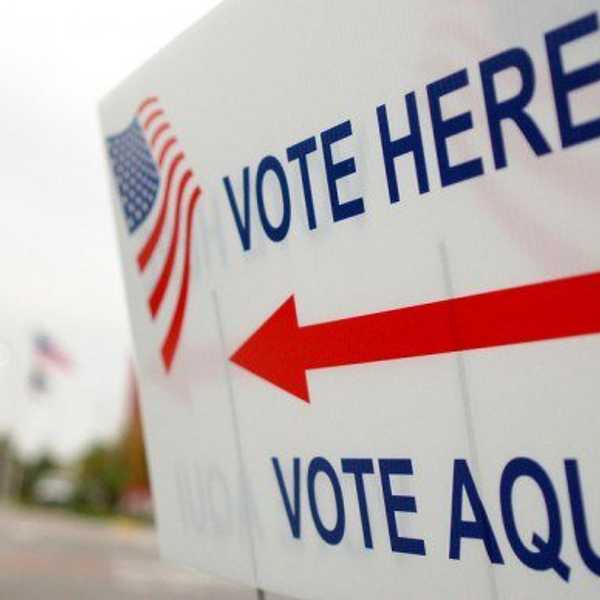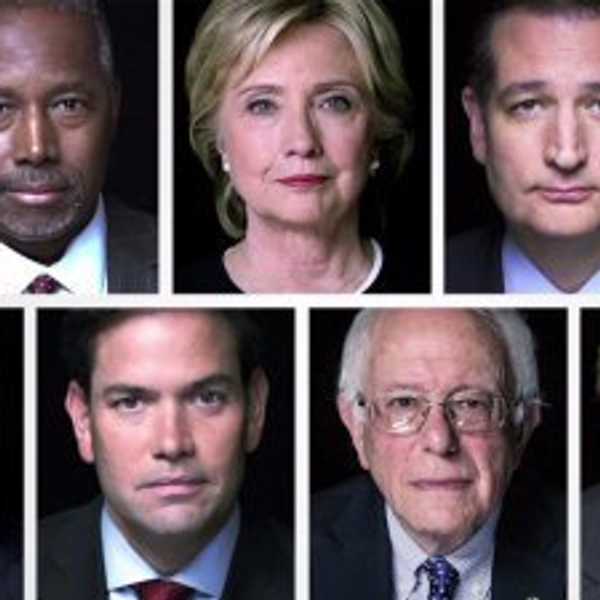The recent primary elections demonstrated that Arkansans are both loyal to their own, personal brand of politics and demonstrative of national trends. In a state so lightly populated, who you know and how they remember you, can make all the difference, something Bernie Sanders’ campaign likely realized after pursuing voters in a state with a modern history closely tied to the Clintons. But while Democratic voters came out in support of Hillary Clinton, a candidate firmly established in Arkansas politics, Republican voters across the state turned away from the endorsements of the establishment and voted predominantly for Donald Trump. Issues of class and race provide interesting context around the Democratic primary; education and geography factor heavily into the Republican results.
The political network in Arkansas, built by the Clintons’ since the early 1970s, clearly paid off for Hillary Clinton this primary season. In a state where political recommendations from friends and neighbors can carry notable weight and “who-you-know” politics appears to reign supreme, Hillary Clinton received endorsements from a number of high-profile and old-school Arkansas Democratic leaders, pastors and community figures, including former Governors Mike Beebe, Jim Guy Tucker and both David and Mark Pryor. These endorsements, coupled with the Clintons’ political legacy (and with the fact it seems every other Arkansan has a story about “that one time I met the Clintons”), create a community so firmly rallied behind Clinton, the Sanders’ campaign struggled to gain ground.
Arkansans, especially women and people of color, turned out for Clinton on March 1, ultimately granting her 66.11 percent of the vote. According to CNN exit polls , Clinton won 76 percent of female voters. Clinton’s landslide victory was with black voters, who, at 91 percent, overwhelmingly supported her. The Clintons’ long relationship with black communities and churches in Arkansas likely account for much of this support, and Clinton’s endorsements from prominent black community leaders, faith leaders and politicians (or those like Reverend Marion Humphrey, who are a combination of the three) provided her with momentum and credibility Sanders’ lacked.
Even among those belonging to lower-income and middle-income groups – those who the Sanders’ campaign so closely courts – Clinton won out. In fact, in terms of income groups, Clinton’s largest victory was with those who live right at the median income level in Arkansas. She won 71 percent of voters with a family income of $30k-$50k. In Arkansas, as in other Southern Super Tuesday states, talk of “political revolution” apparently does not mean much to Democratic voters if the candidate speaking is a stranger to the community.
On the Republican side, the primary results in Arkansas are noticeably similar to the results of other Super Tuesday states, with the vast majority of rural counties going to Donald Trump, suburban counties supporting Ted Cruz and the few urban areas swinging to Marco Rubio. In the Republican primary, endorsements from noteworthy Arkansans appeared to carry little weight. While only one member of the Arkansas legislature, Sen. Jon Woods of Springdale, publically backed Trump, the majority of counties, and ultimately the state, went to Trump.
Though multiple Arkansas politicians, including the Lieutenant Governor and representatives in Little Rock and Washington, endorsed Rubio, the Florida senator failed to make a significant showing outside of the Little Rock and Bentonville areas. This result would tend to support the general consensus that Republican primary voters are tired of the establishment, and therefore, establishment endorsements mean little. An interesting contradiction in this argument is Asa Hutchinson’s endorsement of Marco Rubio. Governor Hutchinson, though quite clearly a member of the Republican establishment, has an approval rating above 60 percent in Arkansas, but his endorsement of Rubio seemed to carry little weight in most of the state.
Arkansas Republican primary voters are almost exclusively white (96 percent), and there is no available data for how the few non-white voters cast their ballots. However, primary voters span the age, education and income demographics. Trump won out among voters without college degrees while Rubio was the favorite of those who had completed college. This mirrors the candidates’ geographic wins, as Rubio won the Arkansas counties with the highest percentages of college-educated voters. CNN reports middle-income voters cast more ballots for Ted Cruz than any other candidate – again, fitting the county results, as Cruz won predominantly suburban counties like Saline, Lonoke and Faulkner.
As his campaign tries to appeal to evangelicals, Cruz may have been expecting a better showing in a religious state like Arkansas. However, Cruz and Trump came out exactly even in regards to evangelicals, with 33 percent each. It is important to keep in mind “evangelical” is a relatively generic term and an “evangelical” voter from poor, rural Crittenden or Columbia (both counties that went to Trump) may have quite different views than a voter from more suburban counties like Washington or Grant (both of which went to Cruz).





















